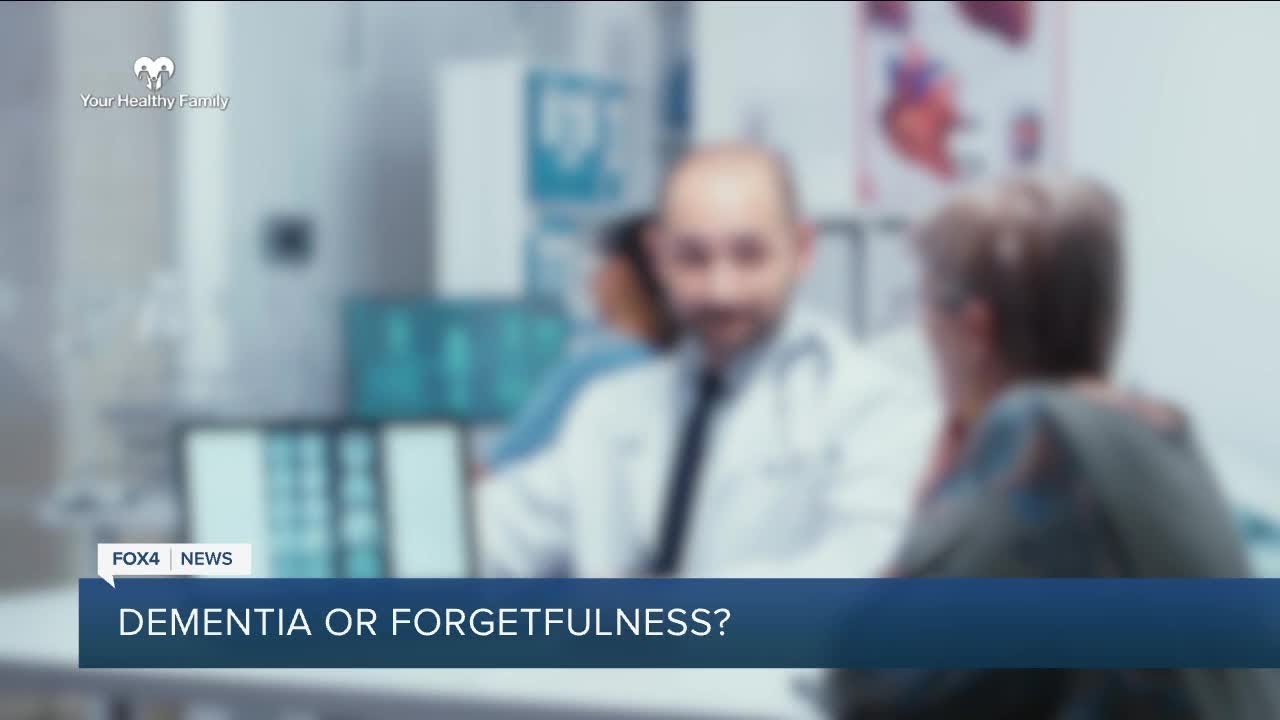In this article, we explore the differences between dementia and age-related forgetfulness. It’s not uncommon to forget where you put your keys or the name of someone you recently met, but as we age, these lapses in memory may cause concern. While forgetfulness can be a natural part of aging, dementia is a progressive and debilitating condition that affects cognitive function. By understanding the differences between the two, you can better identify early warning signs and seek appropriate medical attention if necessary.
Introduction
Dementia and forgetfulness are two conditions that often get confused with each other. While forgetfulness is a natural part of the aging process, dementia is a more serious condition that requires medical attention. In this article, we will discuss the key differences between the two and what you can do to keep your loved ones healthy.
Forgetfulness
Forgetfulness is a problem that affects people of all ages. It is a natural part of the aging process, and everyone experiences it to some degree. The brain’s ability to remember new information declines over time, and it may take longer to retrieve memories. However, forgetfulness is not a cause for concern if it does not interfere with daily activities.
Forgetfulness becomes a problem if it affects everyday life. Forgetting important appointments or conversations, misplacing objects, and difficulty completing familiar tasks are signs that the forgetfulness is affecting the quality of life. This type of forgetfulness can be managed by implementing techniques such as writing down important information or using memory aids like calendars and reminders.
Dementia
Dementia is a progressive disease that affects memory, cognitive function, and behavior. It is a common condition among older adults, and it is estimated that 5% to 8% of people aged 65 years and older have some form of dementia. The symptoms of dementia vary and can include forgetfulness, difficulty communicating, mood swings, and confusion.
Dementia is caused by damage to the brain’s cells, which can occur as a result of a range of conditions, such as Alzheimer’s disease, Parkinson’s disease, and Huntington’s disease. There is no cure for dementia, but early diagnosis can help manage the symptoms and slow down the progression of the disease.
Diagnosis and Treatment
If you or a loved one is experiencing forgetfulness or symptoms of dementia, it is important to seek medical advice. A doctor can perform tests and assessments to determine the cause of the symptoms and recommend a course of treatment.
For forgetfulness, treatments may include cognitive-behavioral therapy or medications to improve memory function. For dementia, a range of treatments can help manage symptoms and improve quality of life, such as medications to slow down the progression of the disease, physical therapy to maintain mobility, and speech therapy to improve communication.
Prevention
While it is not always possible to prevent dementia, there are ways to reduce the risk of developing the condition. A healthy diet, regular exercise, and managing chronic medical conditions such as diabetes and high blood pressure can all help prevent dementia. Additionally, maintaining social connections and engaging in new activities can help stimulate the brain and improve cognitive function.
For forgetfulness, prevention techniques include staying organized, getting enough sleep, reducing stress, and staying mentally active. Engaging in activities that challenge the brain, such as crossword puzzles, learning a new language, or playing musical instruments, can all help improve memory function.
Conclusion
Forgetfulness and dementia are two conditions that can have a significant impact on overall health and quality of life. While forgetfulness is a natural part of the aging process, it is important to seek medical advice If it is interfering with daily activities. Dementia is a more serious condition that requires medical attention for symptom management and disease progression.
Prevention is key for both forgetfulness and dementia. A healthy lifestyle, staying mentally active, and staying connected with others are all essential components of maintaining brain health. By taking care of ourselves and our loved ones, we can ensure a healthy future and a better quality of life.




































